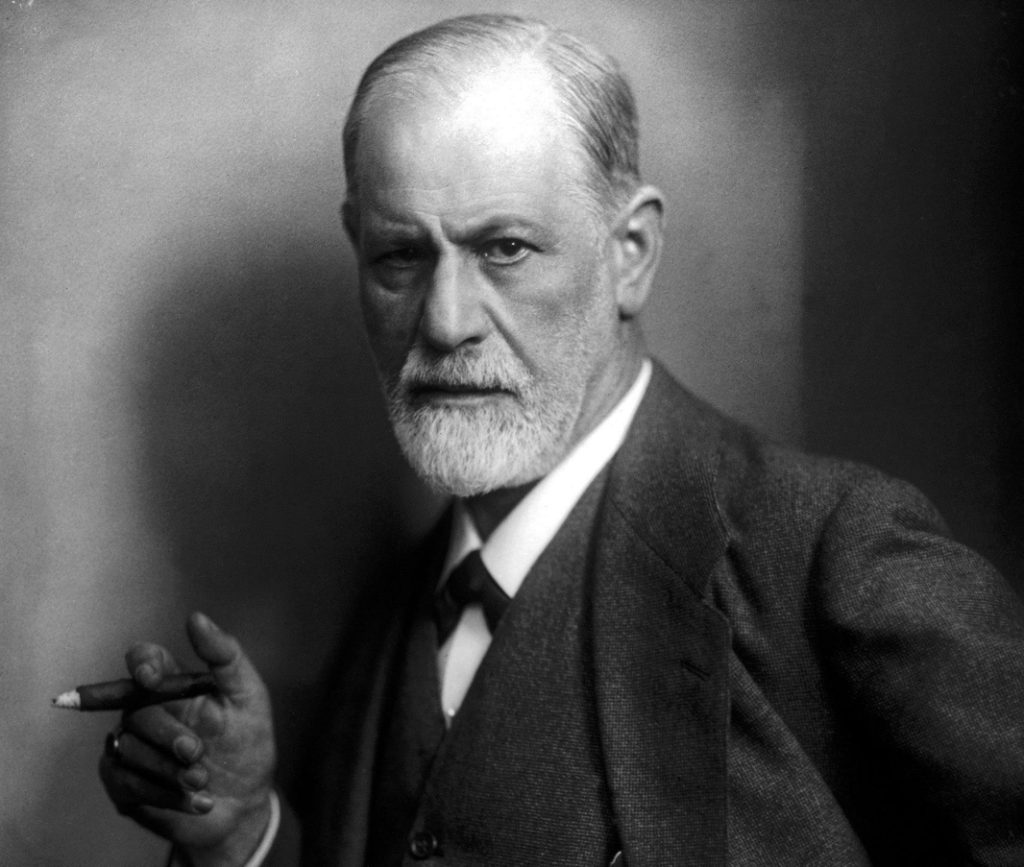May 24, 2016
The Psychology of Judgment
In every choice we make, from what to wear to which cereal to purchase, our brains are consciously and unconsciously making judgments to predict the outcome.
The psychology of judgment has long been a topic of interest among psychologists and the general public alike. After all, how we make decisions has significant, real-world implications across our personal and work lives, as well as across global economic and cultural spheres.
And there’s good reason to scrutinize our natural decision-making processes — some research suggests that up to 50% of our decisions are bad ones, making it crucial to understand the way we judge situations and people, according to HR Examiner. So when faced with choices, what happens in our brains to bring us to that fateful decision?
A Question of Bias
Part of what makes our everyday judgments both interesting and challenging is their subjective nature — whether or not a decision was a good one can only be determined in hindsight, and even then your determinations are subject to bias.
Not surprisingly, this is due in large part to the fact that we really don’t want to be wrong. As psychologist Charlan Nemeth puts it in her paper, The Psychological Basis of Quality Decision Making, “people want their cognitions to be consistent and, if they are not, the mind works to make them consistent.” As a result, we selectively seek out information that confirms our own initial beliefs and ignores alternative views. Even if the information is ambiguous, we want to interpret it so that it supports our initial belief, which we recommit to once we’ve made the decision
Naturally, this greatly limits the likelihood that we will change our opinion, even if data doesn’t support our current belief. The way we process complex information is subject to what are known as cognitive biases or heuristics. These mental shortcuts help us quickly make decisions, whether or not they have substantial consequences.
In the anchoring and adjustment heuristic, for example, we latch onto a base or “anchor” piece of information, such as the asking price for a house, and incrementally adjust away from that information until we reach what we deem to be a reasonable decision, as Psychology Today. We do the same when trying to determine how someone else is feeling in a given situation, using our own expected emotional response as the starting point for our considerations.
Groupthink
These same biases have a tremendous impact on the way groups interact and make decisions as well. A sobering example is the case of the Challenger accident, in which the eponymous space shuttle exploded shortly after taking off, killing all seven crew members. The chief engineer of the same “O” rings that failed had warned against launching in colder temperatures and to delay the launch by just a few days. Instead, he was told “take off his engineering hat and put on his management cap,” and no one else objected.
The tragedy highlights a phenomena known as groupthink, wherein the opinion of the majority, particularly the one belonging to a leader, determines the decision without being subjected to scrutiny or potential alternatives. People tend to take on the perspective of the group and consume information that exclusively supports that view. Ironically, there is strong evidence supporting the value of diverse thought and dissent.
Making the Best Decisions
Understanding these biases and how our brains work through complex decision-making processes is critical if we want to make the best, most informed choices. Being aware of heuristics and the ways in which your brain handles complex information can help you avoid getting caught in damaging patterns.
Clearly, we all blur reality to support our beliefs, so pay attention to how you make decisions, especially when you have strong opinions about the subject at hand. When making big or important choices, do your research, and take into account all sides of the equation — especially those that you may not agree with or want to hear. Remember that it’s OK not to be sure, and in fact, it’s actually preferable. After all, all the wise man knows is that he knows nothing.
Ken Sterling is the Chief Marketing Officer at BigSpeak Speakers’ bureau – the leading keynote and business speakers bureau in the world. He holds a Ph.D. from the University of California and an MBA from Babson College. Ken teaches Entrepreneurship, Marketing and Strategy at UC Santa Barbara. He is a serial entrepreneur, keynote speaker, business consultant and sales & marketing expert. For press interviews, contact marketing@bigspeak.com.
Speaker
Tags

 Dr. Ken Sterling, MBA & Esq.
Dr. Ken Sterling, MBA & Esq.